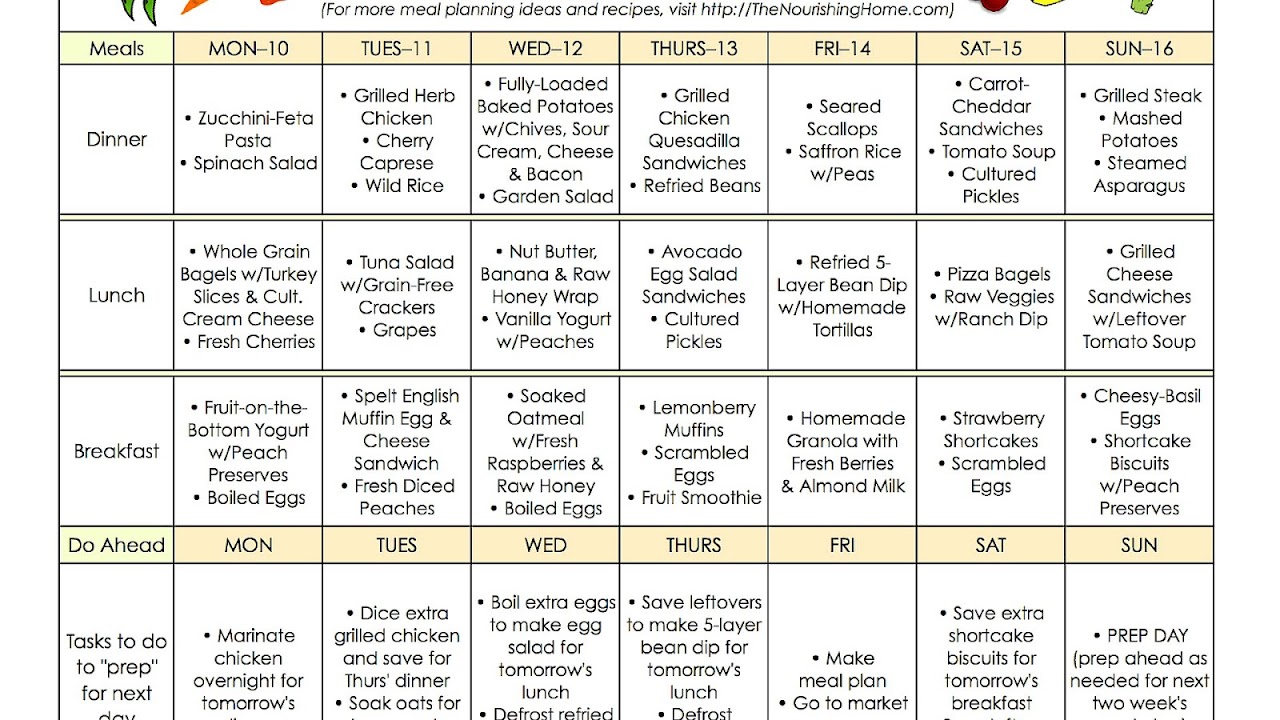A high-protein diet is often recommended by bodybuilders and nutritionists to help efforts to build muscle and lose fat. It should not be confused with low-carbohydrate diets, such as the Atkins Diet, which are not food-energy-controlled and which often contain large amounts of fat.
While adequate protein is required for building skeletal muscle and other tissues, there is ongoing debate regarding the use and necessity of high-protein diets in anaerobic exercise, in particular for weight training and bodybuilding.

Maps, Directions, and Place Reviews
Health effects
Extreme protein intake (in excess of 200 g per day), coupled with inadequate intake of other calorie sources (fat or carbohydrates), can cause a form of metabolic disturbance and death commonly known as rabbit starvation. Even when consuming other calorie sources, consuming more than 285 g of protein per day (for an 80 kg person) may be unsafe.
Relatively little evidence has been gathered regarding the effect of more moderate long-term high intake of protein on the development of chronic diseases. Increased load on the kidney is a result of an increase in reabsorption of NaCl. This causes a decrease in the sensitivity of tubuloglomerular feedback, which, in turn, results in an increased glomerular filtration rate. This increases pressure in glomerular capillaries. When added to any additional renal disease, it may cause permanent kidney damage.
As is apparent from the list below, many high-protein foods (indeed, most low-carb foods with protein) are fairly low in fiber. This can lead to discomfort if additional roughage is not added to the diet.
Meal Plans For Building Lean Muscle Video
High-protein foods
High-protein foods include:

Protein and weight training
Protein is described as essential by advocates of the high-protein diet, which includes a large proportion of the bodybuilding community; it is claimed to provide the muscle with amino acids required to repair the damage done by anaerobic exercise. High protein consumption leads to increased levels of IGF-1, a hormone which, among other things, increases muscle protein synthesis. Some consume protein supplements after bodybuilding workouts, as they provide a quick and easily consumable protein source. Alternatively, meat, beans, or other high-protein foods are consumed.
It is possible to maintain a strict vegan high-protein diet, though due to the lower protein density of plant-based foods this requires a larger absolute volume of food compared to a non-vegan diet; simply put, vegans must consume a lot more food to get a lot of protein. Legumes and soy foods are two vegan sources with high protein content per calorie. Vegans may engage in protein combining to obtain a complete mix of amino acids.
Although some testing shows that the body will absorb and use a greater amount of protein after "bodybuilding" type exercises than under more sedentary circumstances, and some studies on weight training show clinically significant gains in muscle with a very high protein diet when compared to more moderate intake, in some studies increased protein intake fails to translate into functional differences in strength or muscle size.
Source of the article : Wikipedia


EmoticonEmoticon